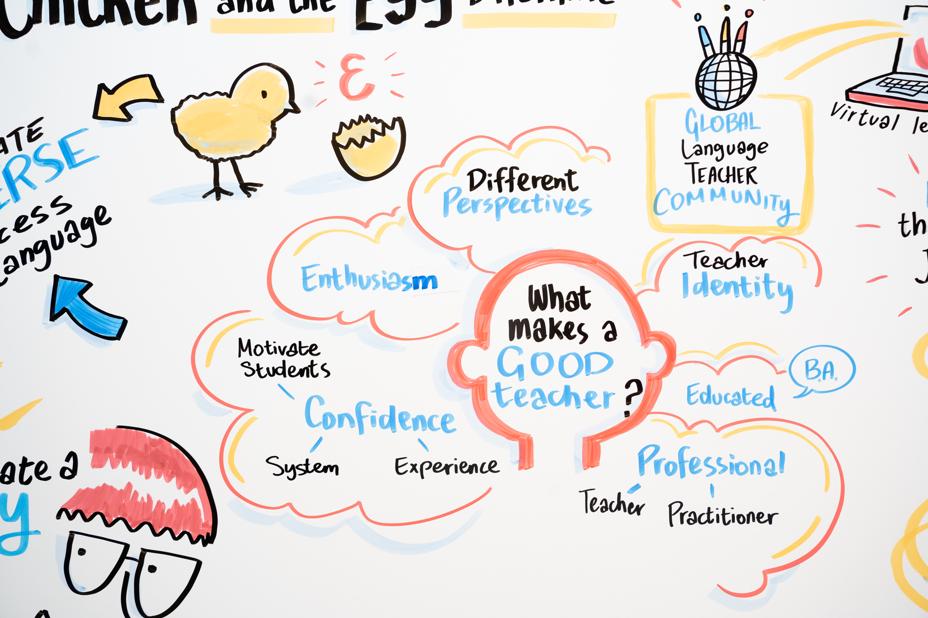
Something went Wrong
Try entering your email again or contact us at support@qfi.org
Try entering your email again or contact us at support@qfi.org
You’ll receive an email with a confirmation link soon.
May 31, 2023
By Dr. Kurstin Gatt
Recently, I had the incredible opportunity to attend the symposium on the teaching and learning of Arabic, organized by QFI in Brussels. This enlightening event left me inspired, empowered, and filled with a renewed appreciation for the beauty of the Arabic language and its significance in today’s globalized world. It was an immersive experience that truly transformed my perspective and solidified my commitment to promoting Arabic education. I would like to share three exciting concepts that sparked my interest during the symposium:
Attending the symposium on the teaching and learning of Arabic organized by QFI in Brussels was an enriching experience that provided me with a platform to connect with a diverse network of international experts. This network has equipped me with valuable insights and resources that I can draw upon to bring about positive changes in the teaching of Arabic locally. I look forward to applying these insights and connections in my ongoing commitment to fostering a love for the Arabic language and its cultures in the Maltese context.
Sympoisum Report
Dr. Kurstin Gatt is a resident academic within the Department of Middle Eastern and Asian Languages and Cultures in the Faculty of Arts at the University of Malta. In 2019, he completed his doctoral dissertation in Arabic studies at the Freie Universität Berlin in Germany. Currently, the scholar coordinates the undergraduate and postgraduate programmes of Arabic studies and teaches modern standard Arabic, Arabic dialects, and Arabic literature. For the past years, Dr. Gatt has been involved in several local examination boards. His research interests include Arabic as a Foreign Language, Discourse Analysis, and Arabic-Maltese linguistic links.


